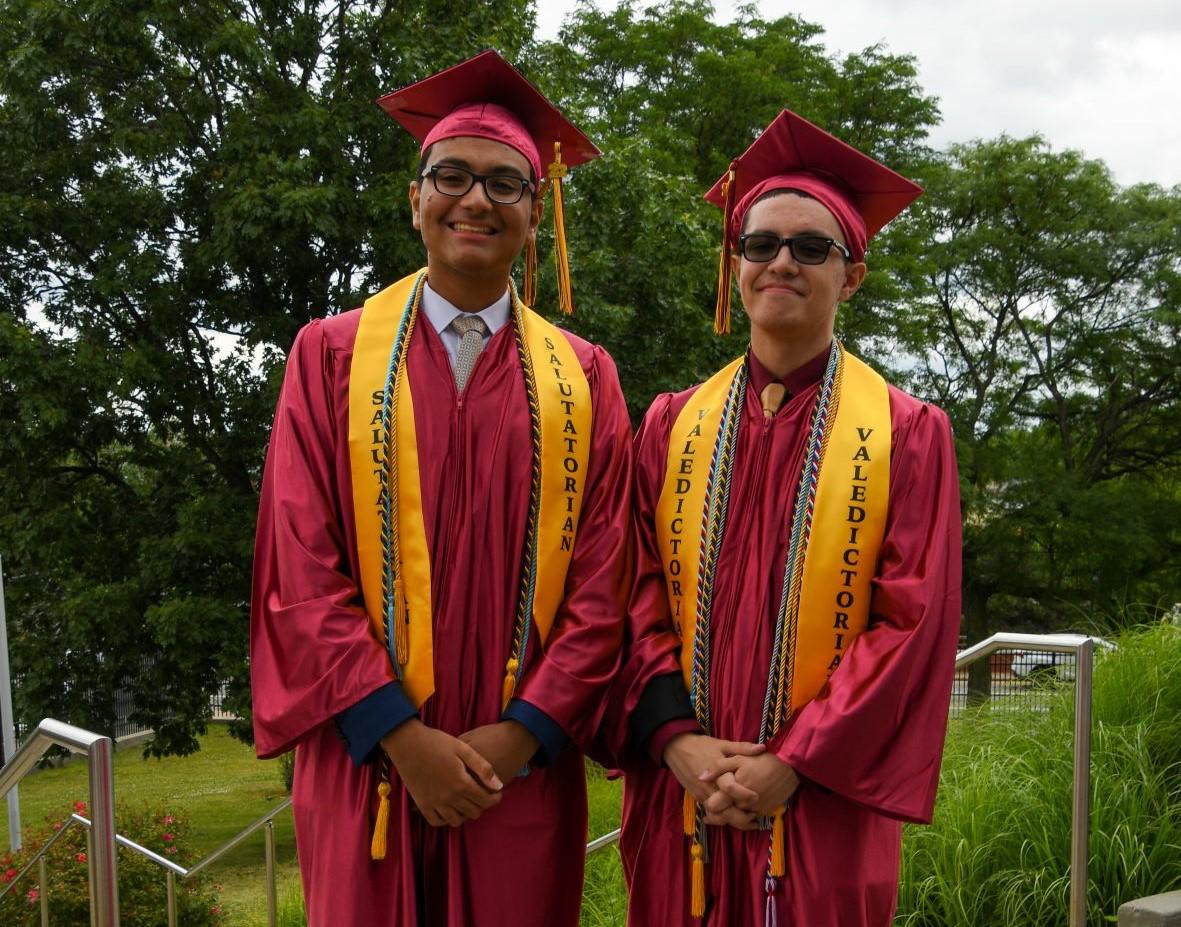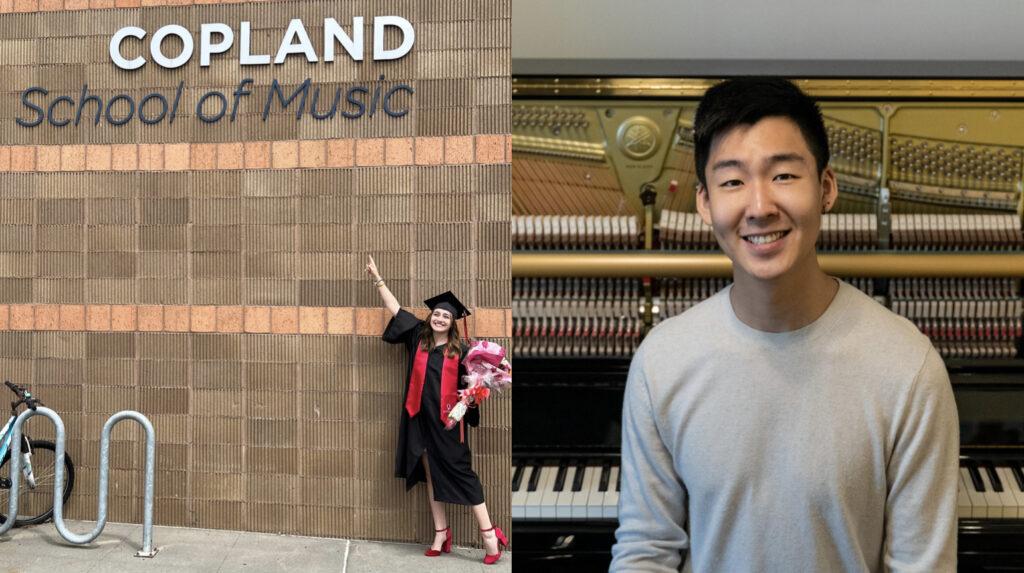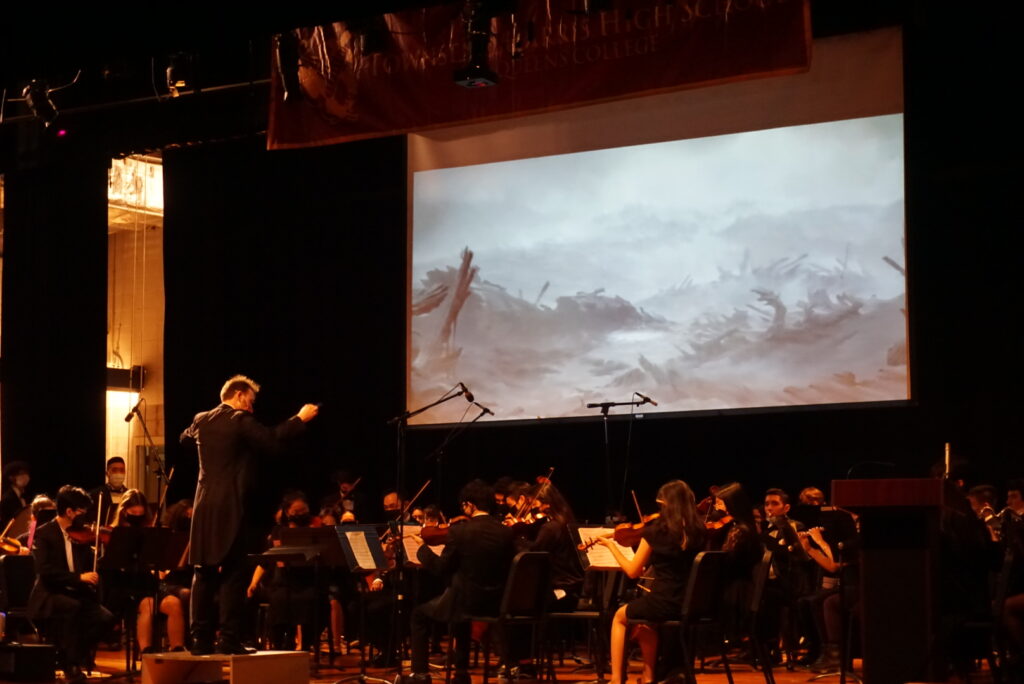
This past summer, Townsend Harris housed students from John Bowne High School, who used the THHS facilities for their respective summer school and Agriculture programs. About 50 Bowne students occupied THHS during the summer, according to Assistant Principal of Organization Helen Fee.
“Much fewer students than anticipated actually showed up,” Ms. Fee commented. “We expected up to 1,700 students and maybe 50 students actually attended, so it was much smaller and quieter than we thought.”
The students were uprooted from their Main Street location due to the abatement of contaminated soil in the Bowne fields, the treatment taking six weeks and summer school sessions lasting seven. “They had to abate the soil around the building; they hadn’t removed the cork from the windows before, which had PCBs [Polychlorinated biphenyls] that leaked into the ground,” commented Custodial Engineer Gary Viola, who worked throughout the summer with members of the THHS custodial staff. “They needed to relocate the kids while they got rid of any soil that was in contact [with the windows].”
Use of PCBs for construction was banned in the 1970s, but buildings that still bear the compounds in their infrastructures still pose health concerns. Prolonged exposure to PCBs is associated with an increased risk of certain cancers (primarily of the skin, liver, and digestive tract) as well as reproductive deficiencies and certain neurological effects.
Contaminated soil can be abated by two methods: by removing and replacing the affected area with clean soil, or by permanently covering it with concrete or asphalt. Bowne elected to do the former.
The arrangement worked best for students enrolled in Bowne’s Agriculture Program, who took classes in the summer as part of their curriculum and not as remedial study.
“The Agriculture program at our school differs from the summer school,” Bowne’s Assistant Principal of Agriculture and Business Steven Perry explained. “Our students and teachers would use the sixth floor facilities during the morning and then the cafeteria, later heading over to the fields at our own school.”
“The DOE wanted to make sure that the [Agriculture students] had access to their farm during the summer,” Mr. Viola explained. “It was a natural choice that they should have their classes here at Townsend.”
“The classes were kept a bit cleaner than [Bowne’s], though the stairs were a bit much to handle, especially since most of the students weren’t able to take the elevator,” commented Bowne senior Laine Munoz, who attended summer school. “Aside from that it wasn’t too bad. It was actually kind of interesting to see how different the buildings were.”
“Being in the Agriculture Program, we usually have animals and plants in the classrooms to assist in furthering our learning,” said Bowne senior Alexis Blanchard. Other than that our actual classes didn’t differ much, but the classrooms and view were much nicer at Townsend.”
“Townsend Harris has great facilities. Unfortunately, during the summer, they are left mostly empty,” commented THHS senior Peony Tse. “Honestly, this system does not affect me personally or negatively …it’s good [the building] was able to be of use to someone.”
































